Social Contract and New Ordoliberalism
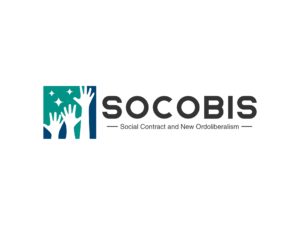
So far, social contract analysis has remained at the level of theory. However, while this was often sophisticated, its artificiality prevented it from being implemented in practice. We want to bring the social contract analysis down to earth, like the hands reaching for the stars in our team logo. Through this “hands-on” approach we aim to make abstract experiments relevant for policy implementation.
Our aims
SoCoBis aims to explore modern social contract theory and conduct experimental research into the social contract conditions and rules for a basic income society. In so doing, we aim to further develop the tradition of Freiburg ordoliberalism in the direction of “New Ordoliberalism”, as proposed by Prof. Neumärker. This focuses primarily on the sustainability and stability of society. In order to understand the conditions of social sustainability adequately, SoCoBis takes into account aspects of reform economics as well as the economics of conflict and power. The social and economic policy implications of our research findings can be used to provide well-argued justification for the introduction of basic income.
The experimental approach of SoCoBis
SoCoBis differs from other FRIBIS teams in that it puts its theoretical considerations to the test in social laboratory experiments. The objective is to work out socially acceptable conditions for a basic income system. To this end, the investigations are carried out in the Social Contract Lab (SoCoLab), which has been active at the University of Freiburg for over ten years and was awarded the Student Council Prize for its teaching twice (the last time in 2021). In cooperation with the SoCoLab, we examine the relevance of contract theories/contract logics that are rational but reach different conclusions. We also conduct experimental research on social contract sustainability requirements.
Current projects
Currently, SoCoBis is working on two research projects. The first is a publication on the economic-ethical legacy of the philosopher and economist Karl Homann. By means of laboratory experiments, we will compare Homann’s social contract theory with our own model. Secondly, together with our partners, we are seeking funding from the European Commission. We have applied for funding from Horizon Europe under the section “The impact of inequalities on democracy”.
Research Team
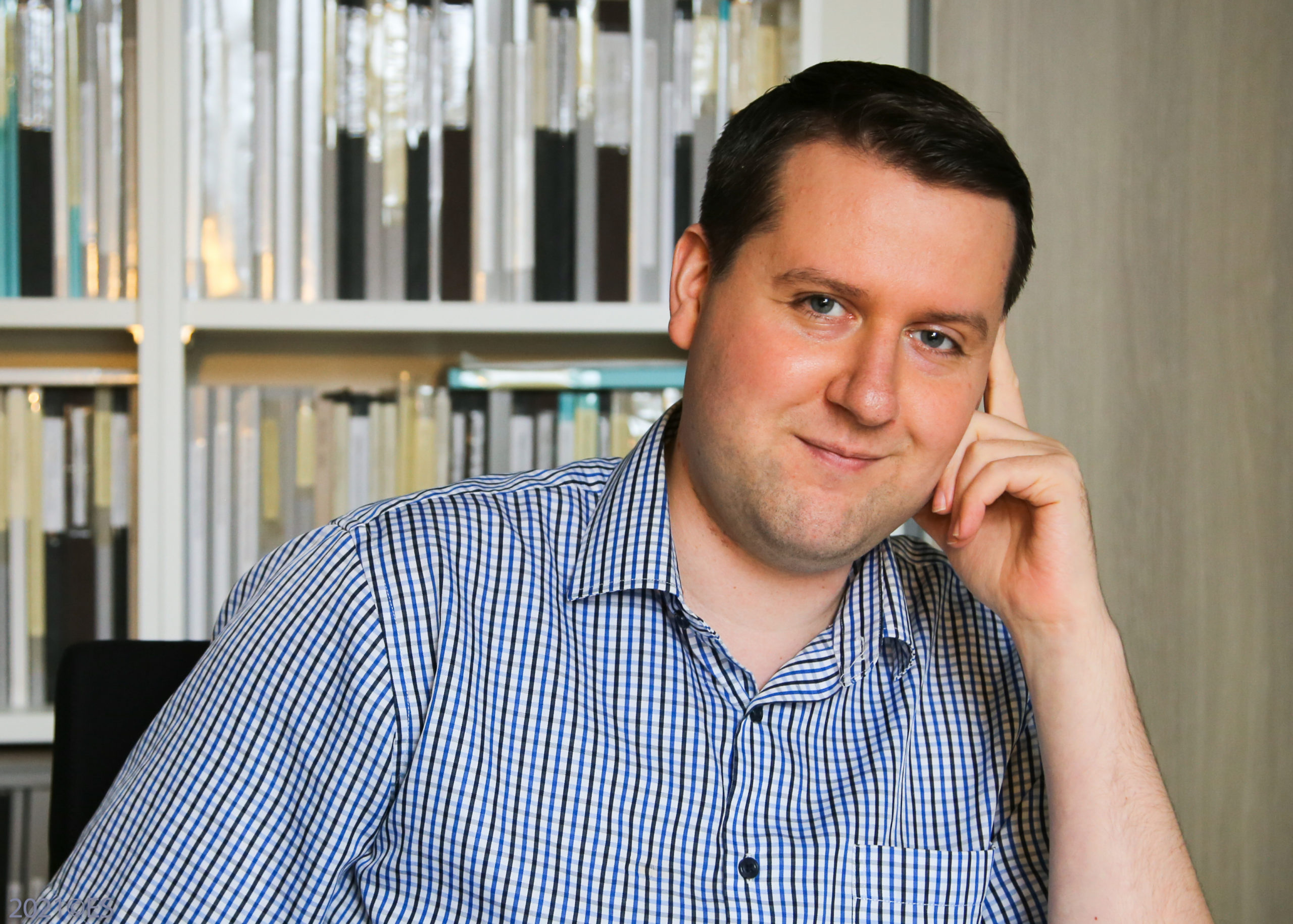
Dr. Otto Lehto
is a Finnish philosopher and political economist. His current research with FRIBIS lies in exploring Buchanan’s Demogrant model of UBI, developing Ordoliberal approaches to UBI, and exploring basic income as a tool of freedom.
He recently received his PhD from King’s College London and currently is a postdoctoral research fellow at New York University’s School of Law (2022-2023) and an affiliated Junior Researcher at Freiburg University’s FRIBIS Institute.
Here you see an interview with Otto on Ordoliberalism and Basic Income.
Lives in New York, USA
Clem Davies
is a research associate at the Götz Werner Chair, with current research interests in social contracting and universal basic income, pluralistic economic theory, and German ordoliberalism.
Lives in Freiburg, Germany
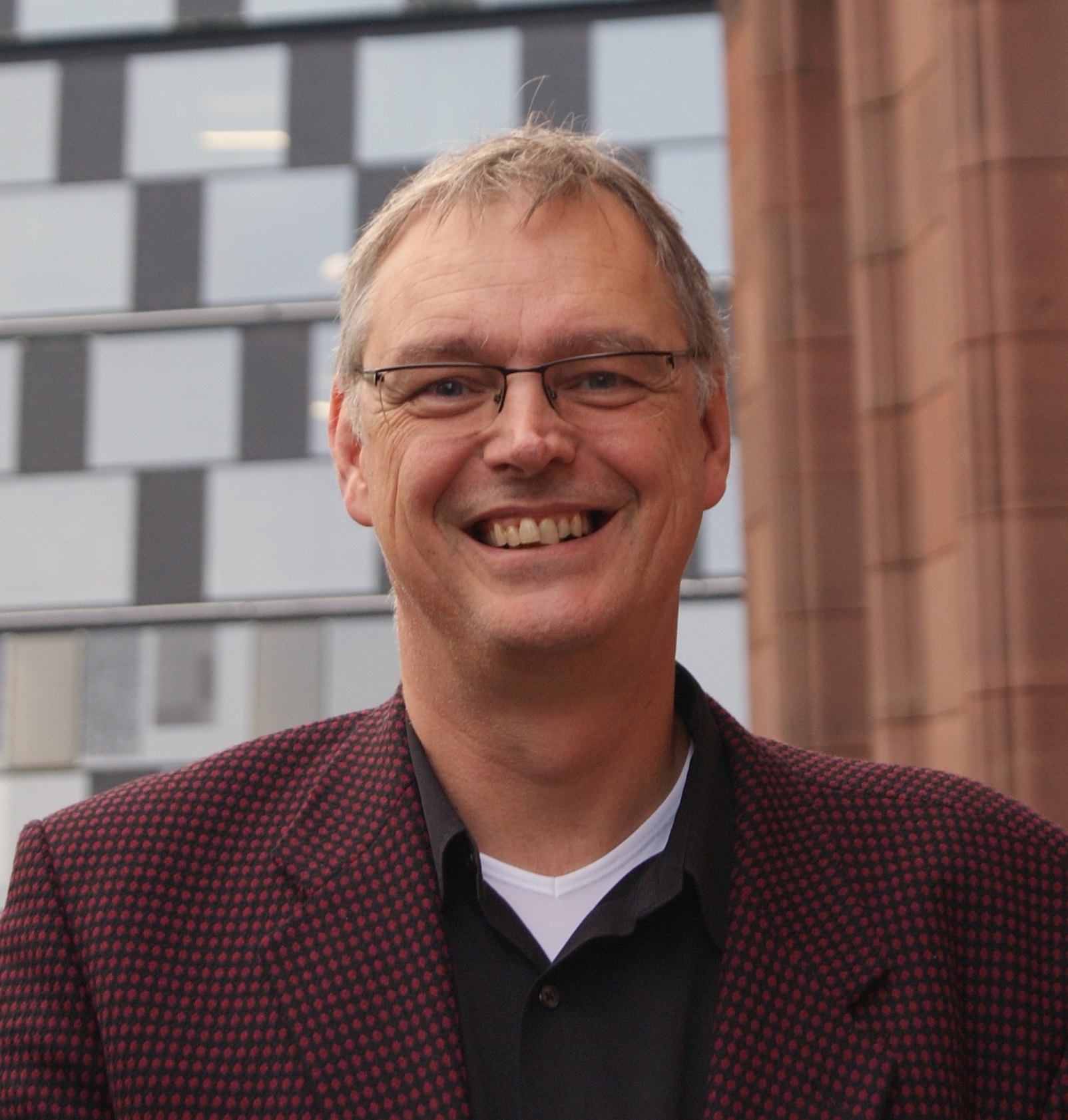
Prof. Dr. Bernhard Neumärker
is head of FRIBIS, professor of Economic Policy (Götz Werner Chair) and director of the Department of Economic Policy and Constitutional Economic Theory at the University of Freiburg. Director and Initiators of team SoCoBis.
Lives in Freiburg, Germany
FRIBIS Team Coordinator
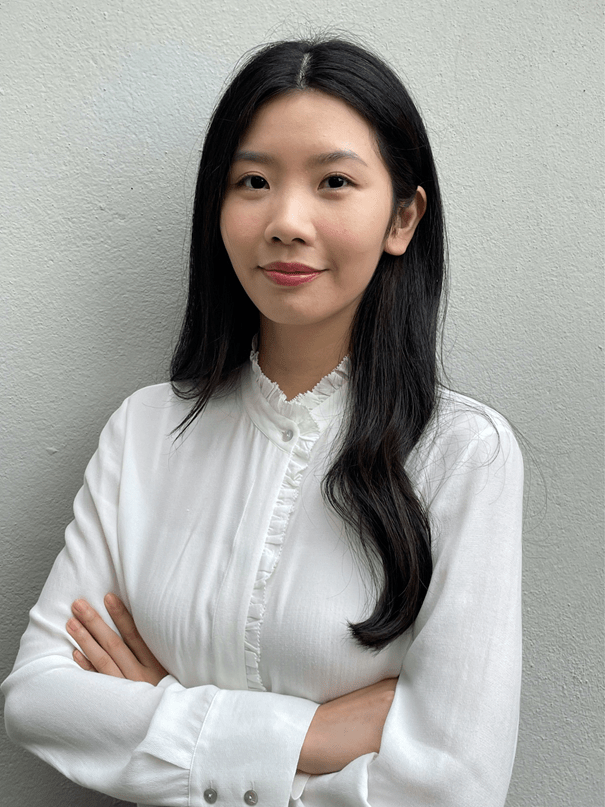
Lida Kuang
is a research associate at FRIBIS. Her research currently focuses on the experimental approach to study the justification of UBI as a social contract in laboratory. In addition to this, she is also interested in choices of principles of distributive justice in lab experiments.
Lives in Freiburg, Germany
.
Transfer Team
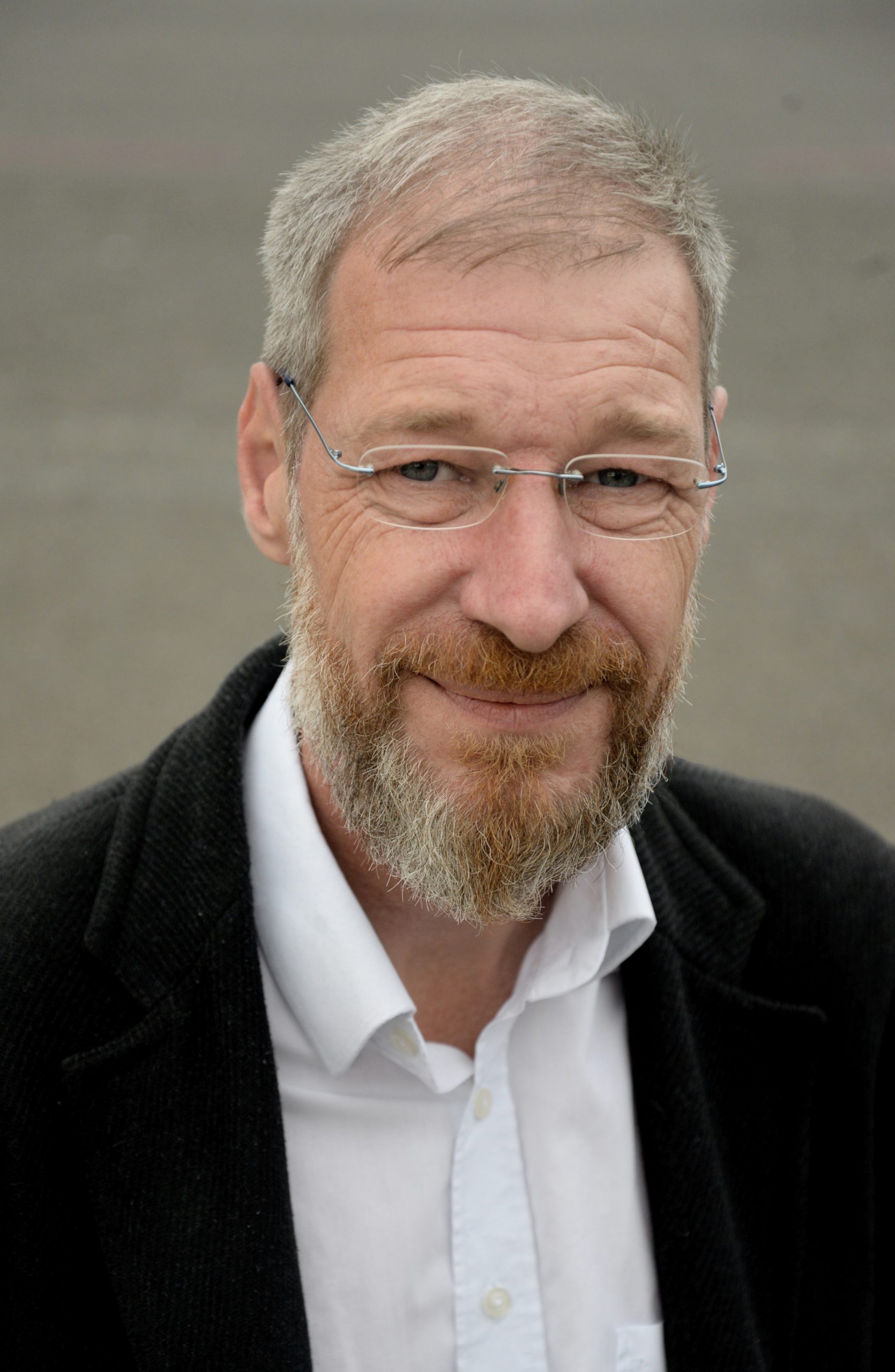
Daniel Weißbrodt
has been an author and historian in Leipzig since 2013, with a focus on the UBI. Since 2021, he has worked as a project employee at Romano Sumnal e.V., the association of Roma and Sinti in Saxony. He has published significant scientific works, including Economics as an Empirical Social Science. An Inventory (2024) and Die Volkswirtschaftslehre als empirische Sozialwissenschaft. Eine Bestandsaufnahme (2023), both published by Springer Gabler.
Click here to learn more about him and his publications.
Lives in Leipzig, Germany
.